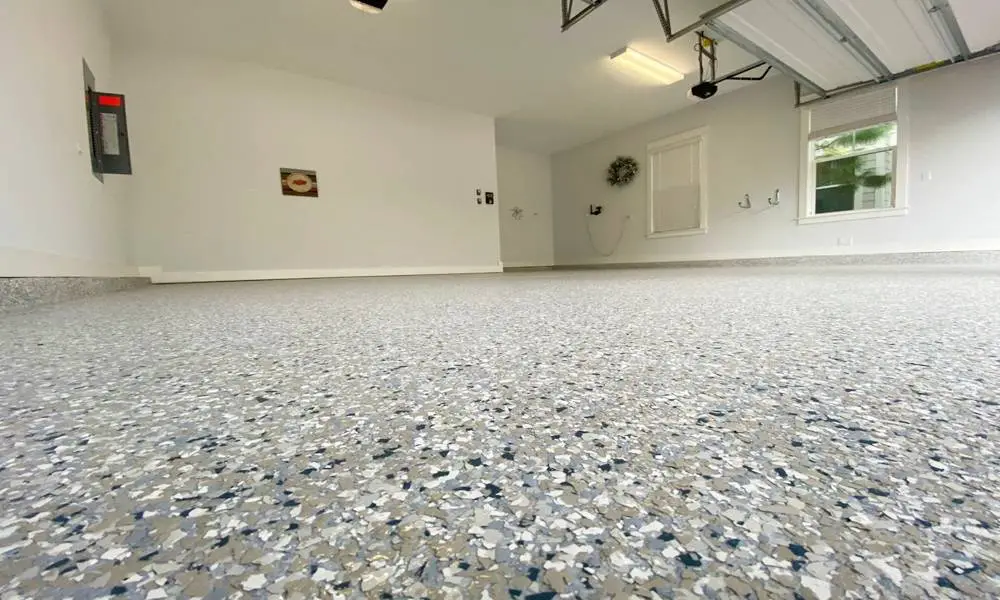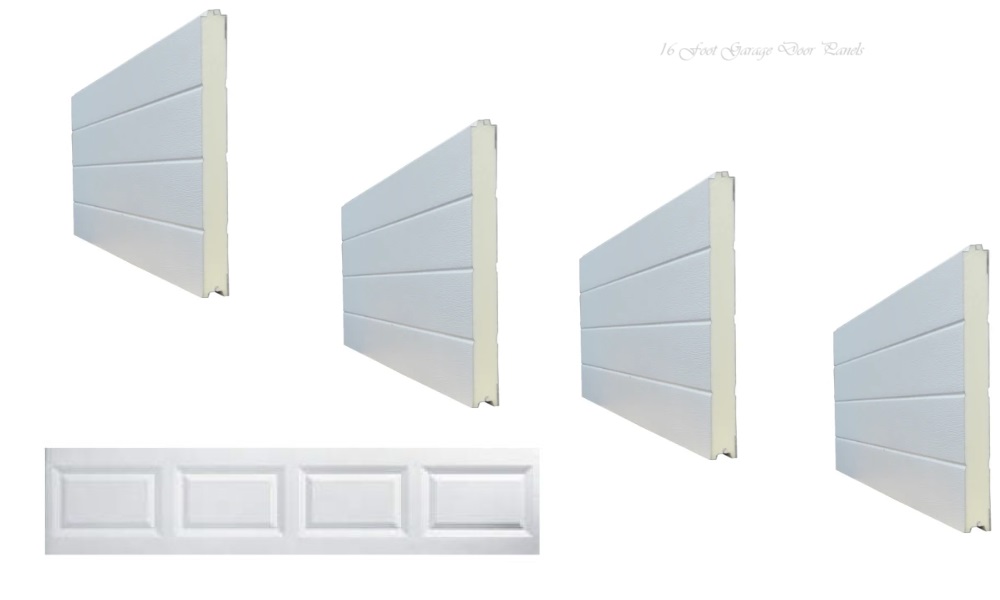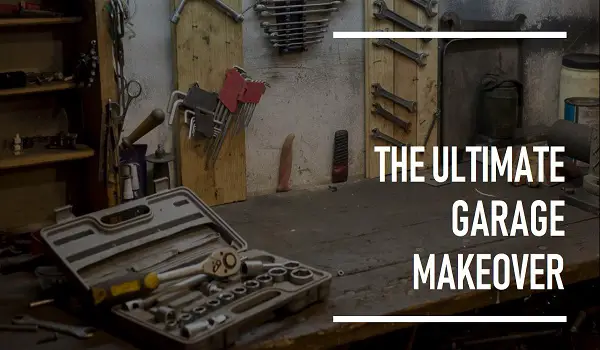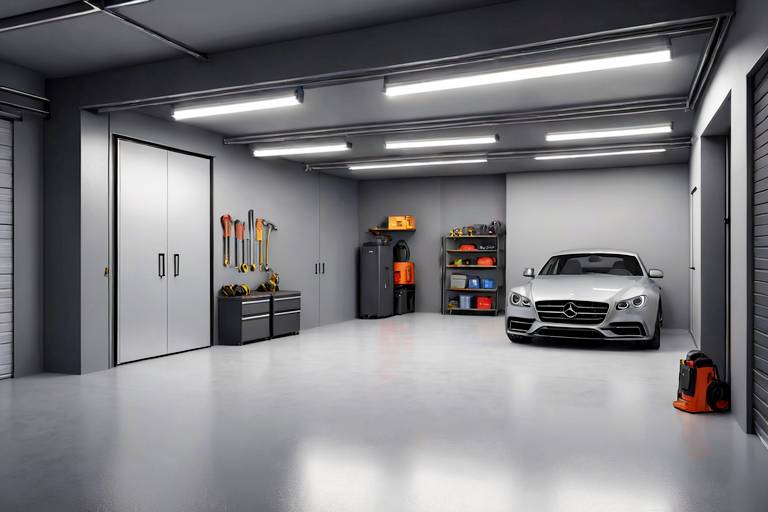Why Is My Garage So Hot: Simple Hacks to Beat the Heat
If you have ever spent time in a workshop or garage during extreme heat, you know how uncomfortable and unbearable […]
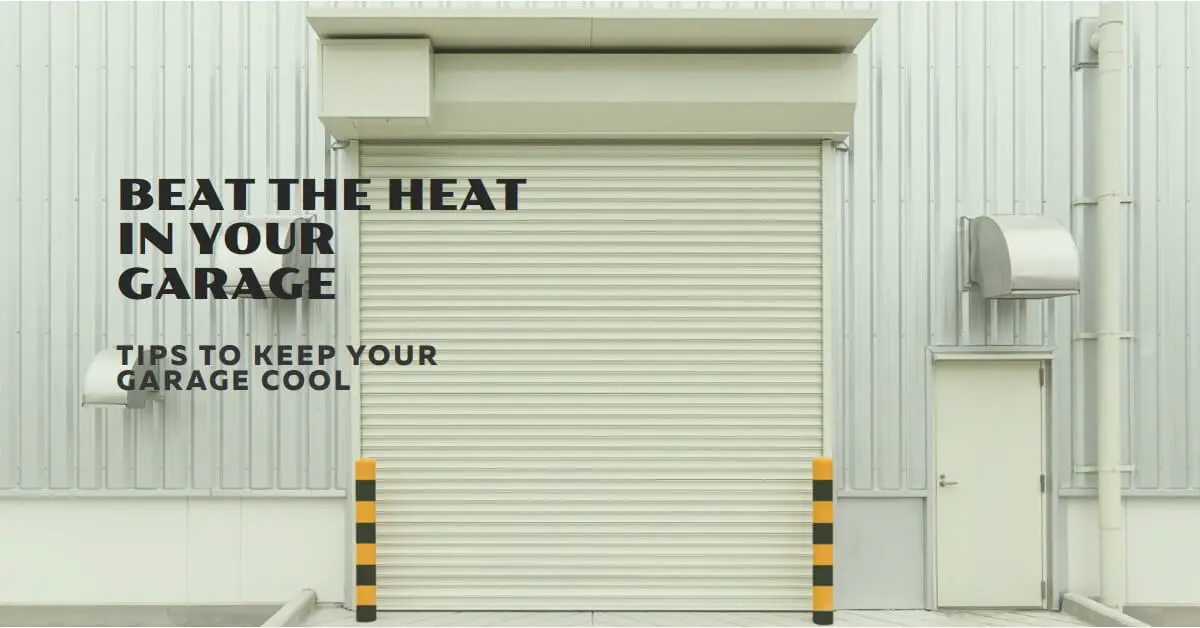
If you have ever spent time in a workshop or garage during extreme heat, you know how uncomfortable and unbearable it can be.
The soaring temperatures can make it challenging to focus on your projects and can even pose health risks.
But worry not! In this article, we’ll explore the reasons why your garage gets so hot and provide you with some simple hacks to beat the heat and create a more pleasant working environment. Let’s dive in!
Understanding the Heat Build-Up
1. Sun Exposure and Insulation
Garages are often exposed to direct sunlight, and they have limited insulation, which leads to rapid heat build-up.
The sun’s rays penetrate through windows and garage doors, causing the temperature to rise quickly, especially during the summer months.
2. Poor Ventilation
Inadequate ventilation restricts the flow of fresh air, preventing the hot air from escaping and allowing it to accumulate inside the garage. Without proper ventilation, the space can turn into an oven.
3. Heat Absorption from Concrete and Metal
Garages typically have concrete floors and metal doors, which absorb and retain heat. This further contributes to the rising temperatures within the garage.
4. Lack of Shade
The absence of shade around the garage exacerbates the heat problem. Without any natural barriers to block the sun’s rays, the garage becomes an exposed hot zone.
Read Also: How to Keep Garage Cool in Summe
Hacks to Beat the Heat
Insulate Your Garage
One of the most effective ways to combat heat is to insulate your garage. Adding insulation to the walls, ceiling, and garage door can significantly reduce heat transfer and keep the interior cooler.
Install a Garage Ventilation System
Investing in a garage ventilation system, such as an exhaust fan or a solar-powered vent, can help in expelling hot air and bringing in fresh, cooler air.
Use Reflective Window Coverings
Applying reflective window coverings to your garage windows can block a substantial amount of sunlight, preventing excessive heat from entering the space.
Create Shade Outside the Garage
If possible, plant trees or install awnings outside the garage to provide shade. Blocking direct sunlight will keep the garage temperature lower.
Opt for Lighter Paint Colors
Painting the exterior of the garage with lighter colors can reflect sunlight rather than absorbing it, helping to keep the temperature down.
Insulate Garage Door with Foam Panels
Use one and a half inch foam panels to insulate the garage door. Cut them into two by four sections and attach them to the door to reduce heat transfer.
Consider Air Conditioning or Fans
If you spend a lot of time in your garage, installing an air conditioning unit or using fans can help maintain a comfortable working environment.
Create Cross-Ventilation
Strategically place fans or open windows and doors on opposite sides of the garage to encourage cross-ventilation, promoting the flow of cooler air.
Conclusion
Working in a hot garage can be a daunting task, but with the right hacks, you can create a more pleasant and bearable space to pursue your projects.
Insulation, ventilation, shade, and reflective coverings are your allies in the battle against heat. So go ahead, implement these simple yet effective solutions, and enjoy a cooler and more productive workshop experience!
FAQs
How much temperature reduction can I expect from garage insulation?
Proper insulation can lead to a temperature reduction of 10 to 20 degrees Fahrenheit inside your garage.
Are solar-powered vents efficient in cooling the garage?
Solar-powered vents are an energy-efficient way to remove hot air from the garage and introduce cooler air from outside.
Can I use regular household fans in my garage?
Yes, you can use household fans in your garage to improve ventilation and promote air circulation.
Will painting the garage door with lighter colors really make a difference?
Yes, lighter paint colors can reflect sunlight and reduce heat absorption, making a noticeable difference in the garage’s temperature.
Is it essential to insulate the garage door?
Insulating the garage door is crucial in minimizing heat transfer, especially if the garage door is directly exposed to sunlight.


